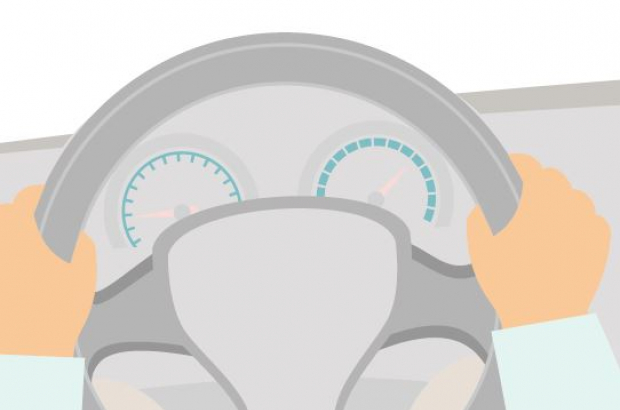- Daily & Weekly newsletters
- Buy & download The Bulletin
- Comment on our articles
Retirement in Belgium: A guide to getting around and your mobility needs
Over-65s in Belgium are entitled to reduced rail fares – train, bus, tram and metro – to and from anywhere in Belgium. This applies to same-day return travel anytime at weekends and every weekday from 9.00, every day of the year.
Assessing your ability to drive
Not sure if you can continue to drive safely? CARA-Vias, the Centre for Driving Ability and Vehicle Adjustment, assesses your ability to drive. You can apply for an assessment yourself or you can ask for a referral from your GP or specialist physician.
The decision to cancel your driver’s licence is not one that CARA takes lightly. The advice is given after a thorough assessment with a multidisciplinary team of physicians, psychologists and road experts, striking a delicate balance between the right to mobility and road safety. CARA determines if you can continue driving safely, albeit with conditions and/or restrictions on your driving licence or adjustments to your vehicle.
If CARA does decide it is no longer safe for you to drive, you will be expected to return your driving licence to the commune. If you continue to drive without a legal driving licence and are involved in an accident, your insurance company may withdraw, leaving you to foot the bill. In the Walloon region of Belgium the AWSR (Agence Wallonne pour la Sécurité routière) also organizes driving ability assessments.
Transport for people with limited mobility
Most communes have a ‘mindermobielencentrale/centrale des moins mobiles’. This service is provided by the commune, the CPAS/OCMW or other organisations. It arranges for transportation for people with limited mobility who are on a tight budget. You can request a ride for all sorts of purposes, ranging from a visit to the hairdresser to a familiy visit or a doctor’s consult. Check with your commune for further details.
Patient transport
Every health insurance provider in Belgium has its own system of non-urgent patient transport. This is provided if you need to go to the hospital for an admission, a consult or if you need transportation after being discharged; if you need oncological treatment or dialysis.
The providers use professional transport services. Part of the fare is charged to you, the rest is taken care of by your health insurance provider. Check with them for further information.
- This article appears in Golden years in Belgium: an expat guide to life after retirement, produced by the King Baudouin Foundation and the Federation of Notaries, available to download for free.



















